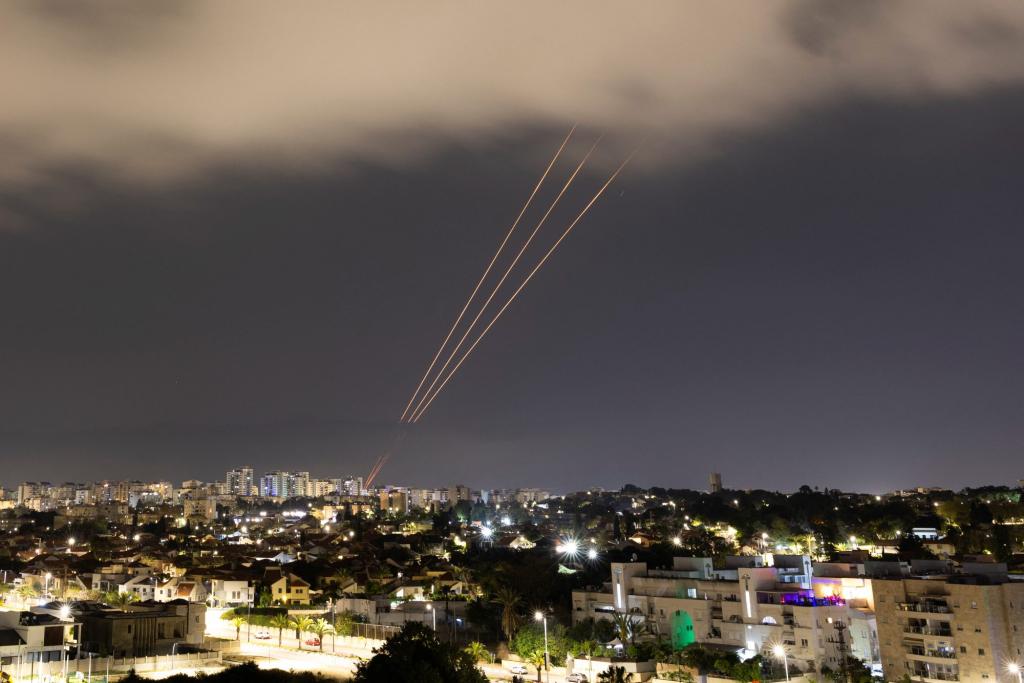Israel is likely to strike back at Tehran in a big and loud way in order to reestablish Israeli deterrence in the Middle East. The possibilities for Israeli targets in Iran are wide-ranging, including Iranian leadership, military bases, air-defense systems, oil export industry, and nuclear-weapons program. The threat of Iran developing nuclear weapons poses a significant danger to Israel, and eliminating this threat will involve targeting various facilities related to Iran’s nuclear program.
Taking out Iran’s nuclear-weapons capacity will be a challenging task due to the spread of facilities throughout the country and the various undeclared sites and weapon systems that would need to be destroyed. Despite the IDF’s efforts, simply hitting targets in Iran may not be enough to neutralize the threat they pose. A multilayered approach, potentially involving support for internal Iranian opposition, could be more effective in eliminating Iran as a regional threat.
The West has historically missed opportunities to support Iranian domestic opposition to the ruling regime, instead focusing on appeasing Iran through negotiations like the Joint Comprehensive Plan of Action. By ignoring the potential for Iranian dissidents, including women standing up against the regime’s oppression, the West has failed to take advantage of a potential avenue for destabilizing the current government in Iran.
As the IDF plans its reprisals against Iran, strategic targeting aimed at destabilizing the regime could be more effective than simply hitting military and nuclear facilities. By targeting key instruments of power within Iran, such as police forces and morality courts, Israel could potentially create opportunities for internal dissent to grow. Empowering Iranian dissidents, particularly women like Mahsa Amini who have stood up against the regime, could be a crucial element in ultimately transforming Iran into a representative democracy.
The Trump administration’s “maximum-pressure campaign” against Iran helped fuel domestic unrest in the country, creating opportunities for dissent against the regime. Israel and the United States should consider targeting key regime pressure points in Iran, which could serve as a force multiplier for internal opposition movements. By actively aiding and funding Iranian dissidents at a grassroots level, the West could potentially set the stage for major political change in Iran.
Empowering the legacy of individuals like Mahsa Amini, who have stood up against the repressive regime in Iran, could be the key to bringing about lasting change in the country. With a focused effort on supporting Iranian dissidents and targeting regime pressure points, Israel and the United States could ultimately lead Iran towards a more democratic future. By taking advantage of opportunities to support internal opposition, the West may have a unique opportunity to transform Iran and ensure lasting security in the region.


